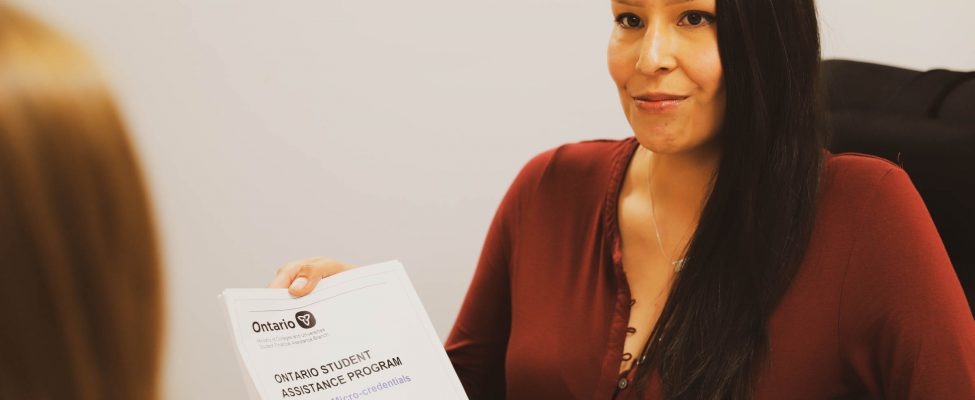Going to college or university can be expensive, but don’t let that stop you from reaching your goals. Learn how you can save money and safeguard against future debt while going to school.
Prepare for unexpected costs
What will need to purchase while attending college or university? Some expenses are hard to expect, so planning ahead can help you feel more prepared. Some unexpected costs associated with post-secondary education could be housing off-campus if dorms are unavailable, entertainment, dining outside of a meal plan, parking on campus, sporting events, additional textbooks or resources, and so much more! Check out this breakdown from Toronto university about costs you might incur while studying at college or university.
Create a budget
When moving onto post-secondary education, taking control of your finances now is a great way to safeguard against future debt. Make a list of all of your monthly expenses and compare it to your monthly income. Keep track of where you are spending your money and if there is room to be saving money each month. Make sure to differentiate your needs versus wants when it comes to spending and allocate money to your needs like rent, tuition, and textbooks before things like entertainment and fast food. Lastly, stick to the budget you create for yourself. Here is a video to help explain how-to budget while in post-secondary education!
Develop an appetite for savings
Unless you live at home, attending college or university means meal-planning for yourself. If you are living off-campus, planning your meals ahead of time can help you save money. Instead of buying fast food or going to a restaurant in a pinch, plan, and prep your meals for the week ahead. Meal prepping large meals for the week can save on time and provide you with a few days worth of leftovers. Check out these 30 easy recipes for college students by BudgetBytes for meal-prep inspiration.
Try making small changes that will help you stick to your budget, like making coffee at home instead of going to Tim Hortons, buying grocery items you often eat in large quantities when they go on sale, or reading the local sale flyers. Research if your school has any kind of food support for students. At SGEI, we offer free breakfasts and lunches for our students to help them stay nourished during the school day and have a supper pantry with free non-perishable goods when they are in need.
Shop and socialize smart
Going to college or university brings the freedom of spending your money how you want, but extra expenses can add up quickly. Impulse buys and online shopping can sometimes get the best of us. Shop at discount stores for the items you need, and think critically before spending on “wants.” Try abandoning your shopping cart the next time you have the impulse to shop online. This gives you time to think about your purchase before you buy and gives you some of the satisfaction of online shopping without the guilt.
Another way students overspend is on entertainment. College and university are great places to meet new people and make new friends, but you don’t need to spend a lot of money going out to be social. Try to reserve going out as a reward every couple of weeks and recommend free activities like hiking, sightseeing, or joining a school club!
Apply for grants through OSAP
Have you considered OSAP to help you attend post-secondary education? The Ontario Student Assistance Program (OSAP) is a financial aid program that helps Ontario students pay for post-secondary education. When you apply for OSAP, you will automatically be considered for both grants (money you don’t have to pay back) and a loan (money you will have to pay back after your studies). Once your application has been approved, you have the option just to accept the grants if you’re not comfortable taking out a loan. Any SGEI students can contact our financial aid coordinator to assist you through the OSAP application process and help you with any questions that arise.
Apply for bursaries and scholarships
Bursaries and scholarships are non-repayable awards or funds granted to students attending college or university. They are often awarded based on financial need, grades, or athletic ability. Research if your school offers any bursaries or scholarships. You may even be able to apply for an entrance bursary or scholarship before you graduate high school. Every year SGEI offers the Biskaabiyang bursary to students that demonstrate the Anishinaabe principle, mino-bimaadiziwin. Learn more about the Biskaabiyang bursary and other bursaries on our financial aid page.
Seek financial assistance if you need it
If you are concerned about funding your post-secondary education, see what resources your school has to help! SGEI can guide students through financial options, answer your financial aid questions, budgeting, money management tips, tax information for OSAP during tax season, and more. To seek financial assistance, contact our Financial Aid Coordinator or learn more about our financial aid services.
